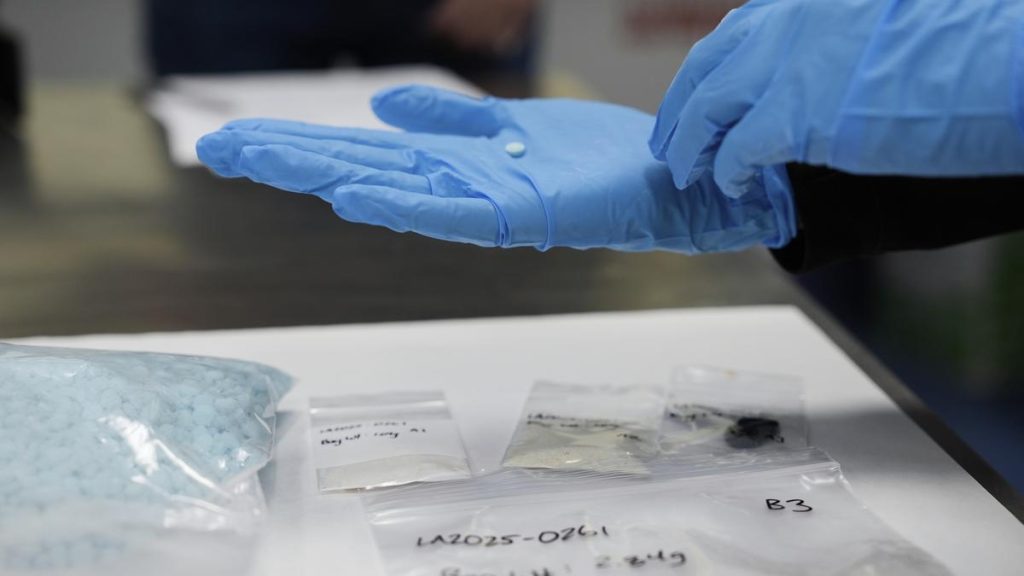Now Reading: Doctors Warn: Easy Access to Multivitamins Could Do More Harm Than Good
-
01
Doctors Warn: Easy Access to Multivitamins Could Do More Harm Than Good
Doctors Warn: Easy Access to Multivitamins Could Do More Harm Than Good

Swift Summary
- Experts warn that overconsumption of multivitamins can lead to health issues like iron poisoning, nerve damage, or kidney stones. Specific risks include toxicity from fat-soluble vitamins (A, D, E, K).
- Multivitamins should complement balanced meals and address dietary gaps but are not a replacement for healthy eating habits.
- India regulates multivitamin supplements primarily under the Food Safety and standards Act, 2006 via FSSAI. Supplements with claims of treating diseases fall under the Drugs and Cosmetics act and require drug Controller oversight.
- India’s dietary supplements market is growing due to factors like rising health awareness, urbanisation, ageing population, and increased disposable incomes.
- Mankind Consumer Products partnered with a vegetarian fast-food chain during Navratri to promote its vegetarian HealthOK multivitamins across several states. These products are available OTC without prescriptions as they are FSSAI-approved but require guidance when therapeutic doses are needed for medical conditions.
Indian Opinion Analysis
The growing accessibility of multivitamins in India signifies promising developments in preventive healthcare awareness but also raises concerns about misuse due to unregulated sales at non-healthcare outlets like grocery stores or fast food venues. While regulation frameworks such as those by FSSAI help ensure safety standards for OTC products within RDA limits, promoting indiscriminate usage can mask actual deficiencies or worsen existing health conditions if consumed without professional advice.
India’s rapidly expanding dietary supplement market mirrors global trends driven by lifestyle changes; however, it reinforces the need for consumer education on responsible use rather than convenience-based marketing alone-especially as partnerships blur into mainstream channels traditionally unrelated to healthcare delivery systems.
Read more: The Hindu






















